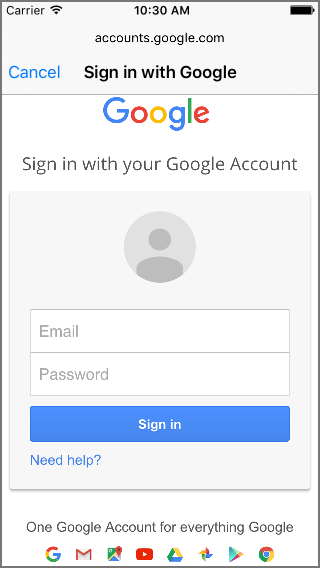
Pinterest earned just $5 in revenue per user in the U.S. In its 2021 annual report, Pinterest said “substantially all” of its revenue derived from advertising. Those aspirations, however, never quite materialized. In its IPO prospectus from 2019, Pinterest officials said they plan to “improve the utility of our service by making it easier for Pinners to go from inspiration to action-in particular, we want to make Pinterest more shoppable.” Around the same time, Insider Intelligence analyst Andrew Lipsman noted that Pinterest “offers users a venue for creative and aspirational pursuits that aligns particularly well with shopping content.” Silbermann and Wall Street analysts were well aware of the opportunity to convert digital looky-loos into buyers, with Pinterest earning some kind of finder’s fee. The four other platforms surveyed- Facebook, Instagram, Snapchat, and Twitter-all scored at 15% or lower.

A 2019 survey by Cowen and Company found that 47% of Pinterest’s U.S.-based visitors used the platform to find or shop for products. Under Silbermann’s watch, Pinterest accumulated a devoted following with enormous money-making potential. Unfortunately for Ready, he’ll be playing catch-up at Pinterest. In interviews with The Wall Street Journal, the departing and arriving chief executives alluded to the company’s e-commerce plans, with Silbermann stating that Ready is “actually going to be a better CEO than I am for this next chapter.” In a sign of the company’s online shopping aspirations, Pinterest appointed Bill Ready, Google’s president of commerce and payments, as the new CEO.

Silbermann and Pinterest’s board tacitly acknowledged this shortcoming Tuesday.

Instead, Pinterest remains an ad-driven business-and not a particularly lucrative one at that, relative to its Big Tech peers.

More to the point: Silbermann and his team missed a gaping window to pioneer the social commerce space in the U.S., where shoppers treated Pinterest as a place to find-but not buy-their favorite goods. Yet it’s hard to shake that what-might-have-been feeling following Silbermann’s resignation Tuesday as CEO.įor all his success in building Pinterest into a “safe and happy place for inspiration, self-improvement and salted caramel cookie recipes,” as The New York Times once eloquently described the platform, Wall Street will inevitably remember the latter days of Silbermann’s reign as a missed opportunity.ĭespite building a sizable audience with plenty of disposable income-namely, suburban moms and wedding-planning millennials-Pinterest never fully cashed in on that lucrative following.


 0 kommentar(er)
0 kommentar(er)
